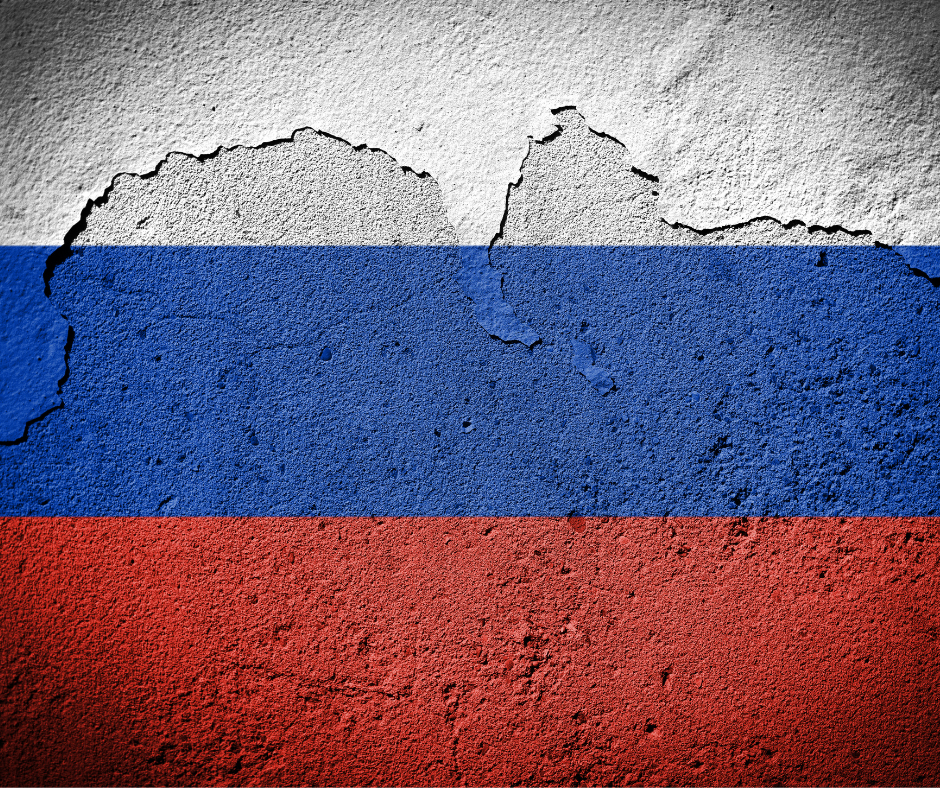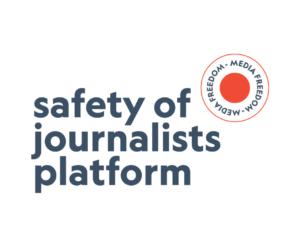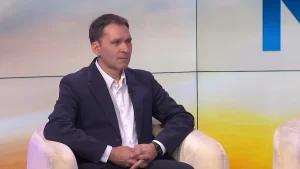The European and International Federations of Journalists (EFJ-IFJ) join their Russian affiliate, the Journalists’ and Media Workers’ Union (JMWU), in condemning the five-and-a-half year prison sentences handed down yesterday against the Russian journalists Antonina Kravtsova (also known as Antonina Favorskaya), Artyom Kriger, Konstantin Gabov and Sergei Karelin for their “participation in an extremist organization,” following a trial behind closed doors. The EFJ and IFJ urge the Russian authorities to immediately release these four journalists.
On 15 April, Moscow’s Nagatinsky district court sentenced four journalists, Antonina Kravtsova (Favorskaya), Konstantin Gabov, Sergei Karelin and Artem Kriger, to five and a half years in a penal colony. Arrested in 2024, they were found guilty of “participating in an extremist group” for their alleged links to late opposition leader Alexei Navalny’s anti-corruption group FBK.
The trial proceeded behind closed doors with only the sentencing open to the media. Around a hundred supporters, journalists and Western diplomats came to the court for the verdicts.
“They will all appeal” their sentences, said Ivan Novikov, the lawyer defending Kriger. “The sentence is unlawful and unjust,” said a second lawyer for Kriger, Yelena Sheremetyeva. “No evidence was presented that these guys committed any crimes, their guilt was not proven,” Gabov’s lawyer Irina Biryukova said.
SotaVision journalist Antonina Favorskaya, who filmed the last video of Navalny in February 2024, was arrested on 17 March 2024 after visiting his grave, where she laid flowers and took photographs.
On 26 March 2024, Konstantin Gabov, who worked for Reuters, was detained in Moscow. A day later, Sergei Karelin, who worked for Deutsche Welle and the Associated Press, was also arrested in the Murmansk region. Both were accused of preparing photo and video content for ‘NavalnyLIVE’, the YouTube channel operated by FBK.
On 18 June 2024, Artem Kriger, who also works for SotaVision, was arrested. Kriger joined the media outlet as a student in 2020. He had reported on protests, political trials and opposition to the war in Ukraine. He also interviewed Russian opposition politicians.
“This verdict is an absolutely shocking news, a turning point that marks the shift from isolated persecution to systematic repression of journalists,” reacted Andrei Jvirblis, JMWU International Secretary. “This is persecution solely for doing their job, for covering issues that the state wants erased from public memory”.
“These convictions are the Kremlin’s latest blatant attempt to silence independent journalism in Russia,” said IFJ General Secretary Anthony Bellanger. “We call on the Russian authorities to annul these convictions and immediately release our colleagues, along with other journalists who have been sentenced on similar charges. Russia’s crackdown on journalists and press freedom, which has reached an unprecedented scale since the war in Ukraine, must end.”
“Russia is the country in Europe with the most journalists in prison,” added Ricardo Gutiérrez, EFJ General Secretary: “73 journalists behind bars in Russia and occupied Ukraine, just for doing their job. We demand their immediate and unconditional release”.
Source: EFJ




